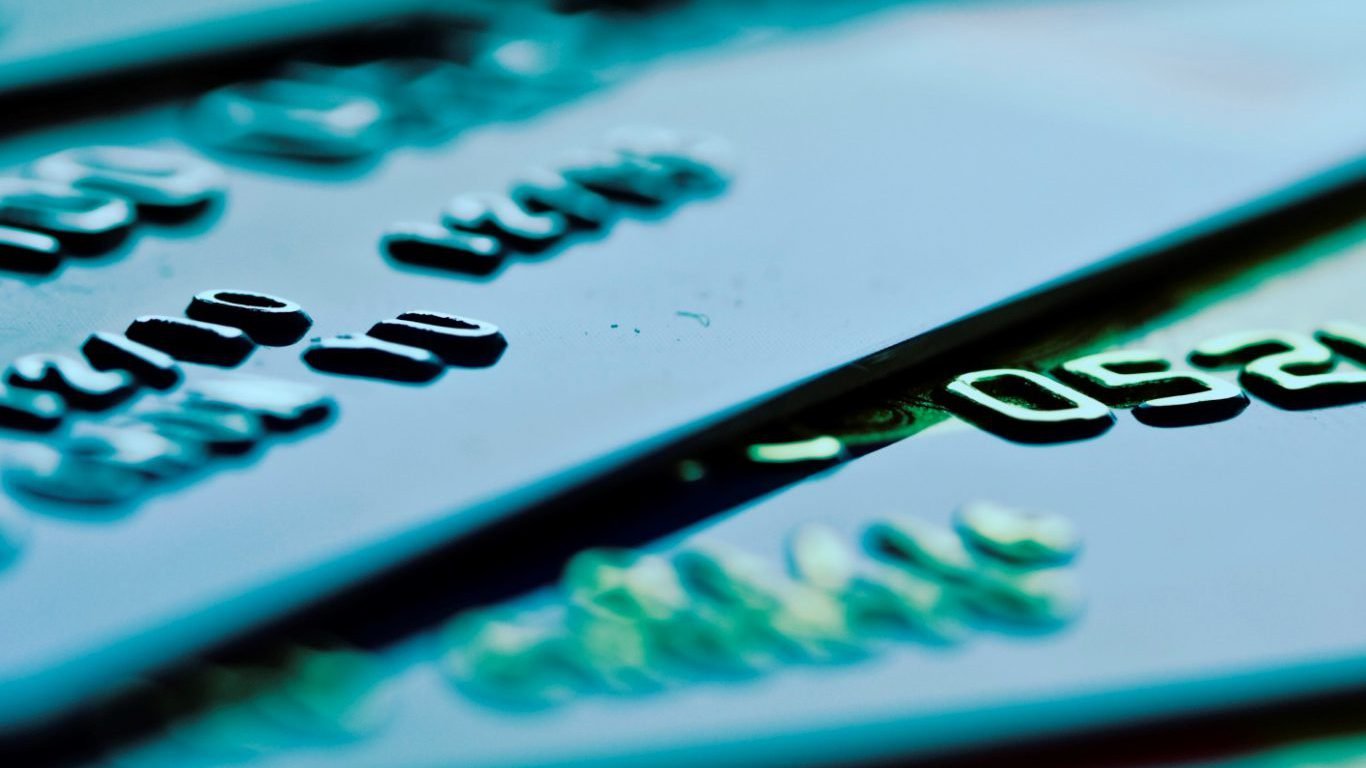Economy
Is It Too Late to Save the Consumer Financial Protection Bureau?

Published:
Last Updated:

Among the list of federal agencies that are feeling the most heat from the Trump administration is the Consumer Financial Protection Bureau (CFPB). The agency was established in 2011 as part of the implementation of the Dodd-Frank bill and has been a thorn in the side of the financial industry ever since.
Unfortunately for the CFPB, the public outcry that has risen against the repeal of the Affordable Care Act (aka, Obamacare) has not materialized to support an agency that has recovered $11.7 billion in refunds for 27 million U.S. consumers. The CFPB’s bigger problem may be that it is virtually unknown to most Americans.
Only 12% of Americans in a recent survey by consumer website CreditCards.com have a favorable opinion of the CFPB. A full 81% say they don’t know enough about the agency to have formed an opinion. Just 4% view the agency unfavorably.
Matt Schulz, a senior industry analyst at CreditCards.com, said:
Following the 2008 financial crisis, many consumers were left feeling vulnerable and suspicious of financial institutions. The inception of the CFPB in 2011 made financial companies accountable for improper practices and provides consumers a formal course of action for infractions.
To highlight the CFPB’s image problem, 80% of respondents to the survey said they supported the idea of a federal agency that protects consumers from unfair, deceptive or abusive behavior by financial institutions. That is precisely what the CFPB does.
The opposition to the agency have already introduced two bills that would eliminate the agency. Congressman Jeb Hensarling (R-TX) called the CFPB “the least accountable agency in U.S. history” in an opinion piece published in The Wall Street Journal last month.
But the CFPB’s independence may be its greatest strength. Georgetown University law professor Adam Levitin said last year:
[A]ll of the federal bank regulators combined—the Federal Reserve, FDIC, OCC, OTS, and NCUA—plus the Federal Trade Commission achieved less than a billion [dollars] in consumer relief over the decade prior to the operation of the CFPB despite these agencies having the very same power as the CFPB to prohibit unsafe and deceptive acts and practices.
The agency alreadyhas been slapped down by federal appeals court in a case involving a fine of $109 million against PHH Corp. The judge said that the agency’s structure gave it an “unconstitutional” amount of power. That ruling came after the agency had fined Wells Fargo $100 million for the bank’s practice of opening phony accounts.
Ever wanted an extra set of eyes on an investment you’re considering? Now you can speak with up to 3 financial experts in your area for FREE. By simply
clicking here you can begin to match with financial professionals who can help guide you through the financial decisions you’re making. And the best part? The first conversation with them is free.
Click here to match with up to 3 financial pros who would be excited to help you make financial decisions.
Thank you for reading! Have some feedback for us?
Contact the 24/7 Wall St. editorial team.